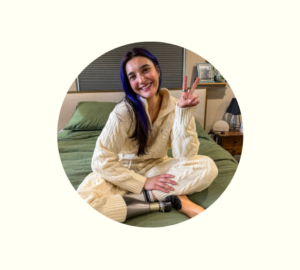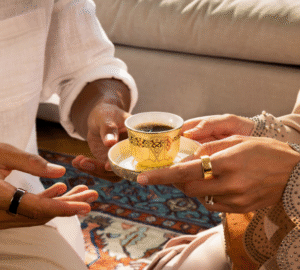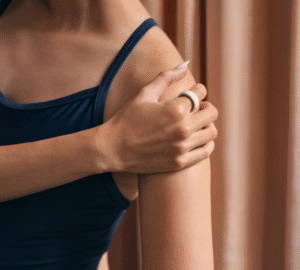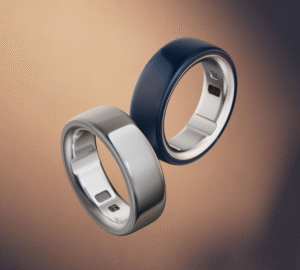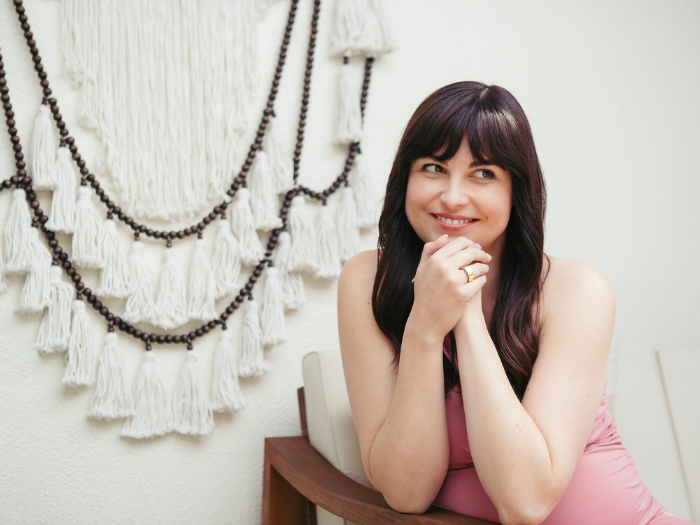Who: Felicity V., 34, San Diego, CA
Exciting takeaway: The Oura and Natural Cycles partnership provided Felicity with detailed information about her fertility, and she was able to conceive within a month of integrating the apps!
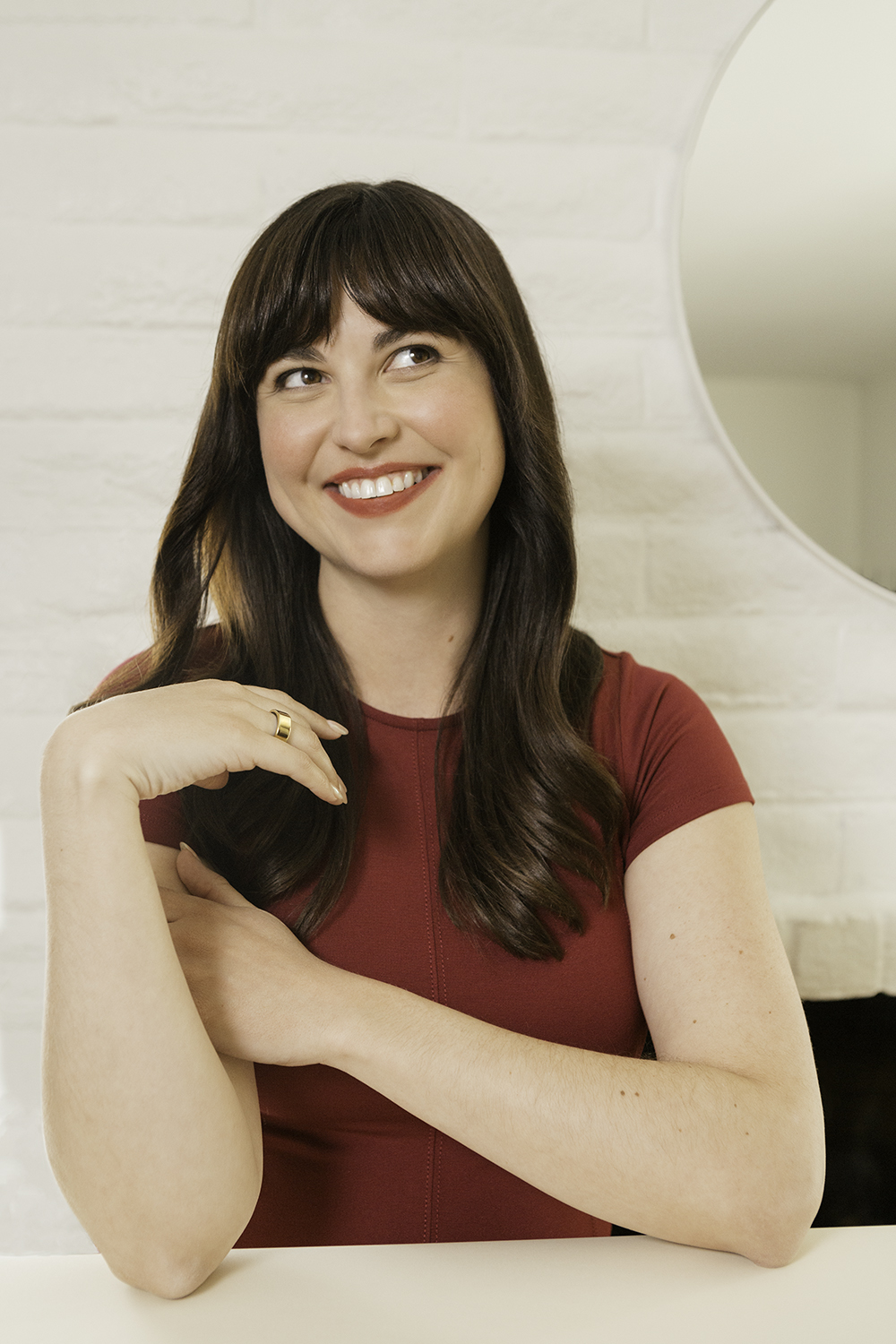
A passionate advocate for mental health and well-being, Felicity works as the Area Director for the American Foundation for Suicide Prevention in San Diego. She’s also a dog mom, a breast cancer survivor, and now, a mother-to-be, due in May 2023.
We sat down with Felicity to learn more about how Oura played a role in both her fertility and her overall health journey.
How did you first hear about the Oura and Natural Cycles integration?
I got the Oura Ring originally because I just wanted to track my steps but didn’t like the look of a lot of fitness trackers. I was more just curious, and figured that it could be good for my general health. The week that I bought the ring, I got a notification about the Natural Cycles partnership.
I had been using a different fertility tracking app, which required using ovulation tests. It was a lot of manual work, and it wasn’t very specific or customized. We tried for eight or nine months, and we were kind of getting to that point where we were starting to get a little concerned.
LEARN MORE: How to Use Natural Cycles With Oura
Oura and Natural Cycles gave me much more customized information, like suggested dates when we should be trying to conceive. Turns out all I needed was a little extra information. I was trying not to get my hopes up when I was two days late. Then the NC° app told me I might want to take a pregnancy test. So I did, and it was positive! It was mind-blowing. The technology is truly amazing.
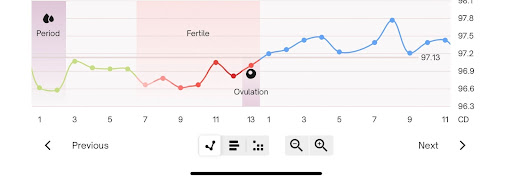
“My basal body temperature, basically the second that I conceived, started tracking upwards. It was unbelievable to be able to kind of visualize that in the Natural Cycles app,” Felicity says.
RELATED: How Oura Data Can Help You Understand Your Menstrual Cycle
Do you have any advice for other Oura members on a similar journey?
For people trying to conceive, I think patience is key. A lot of it is just trusting in what our body is telling us — looking at our heart rate and temperature trends to understand our fertility, for example — and using a tool like Oura can be very comforting. But I think patience and grace are really important in a fertility journey.
You’re also a young adult breast cancer survivor. How has that changed the way you look at health?
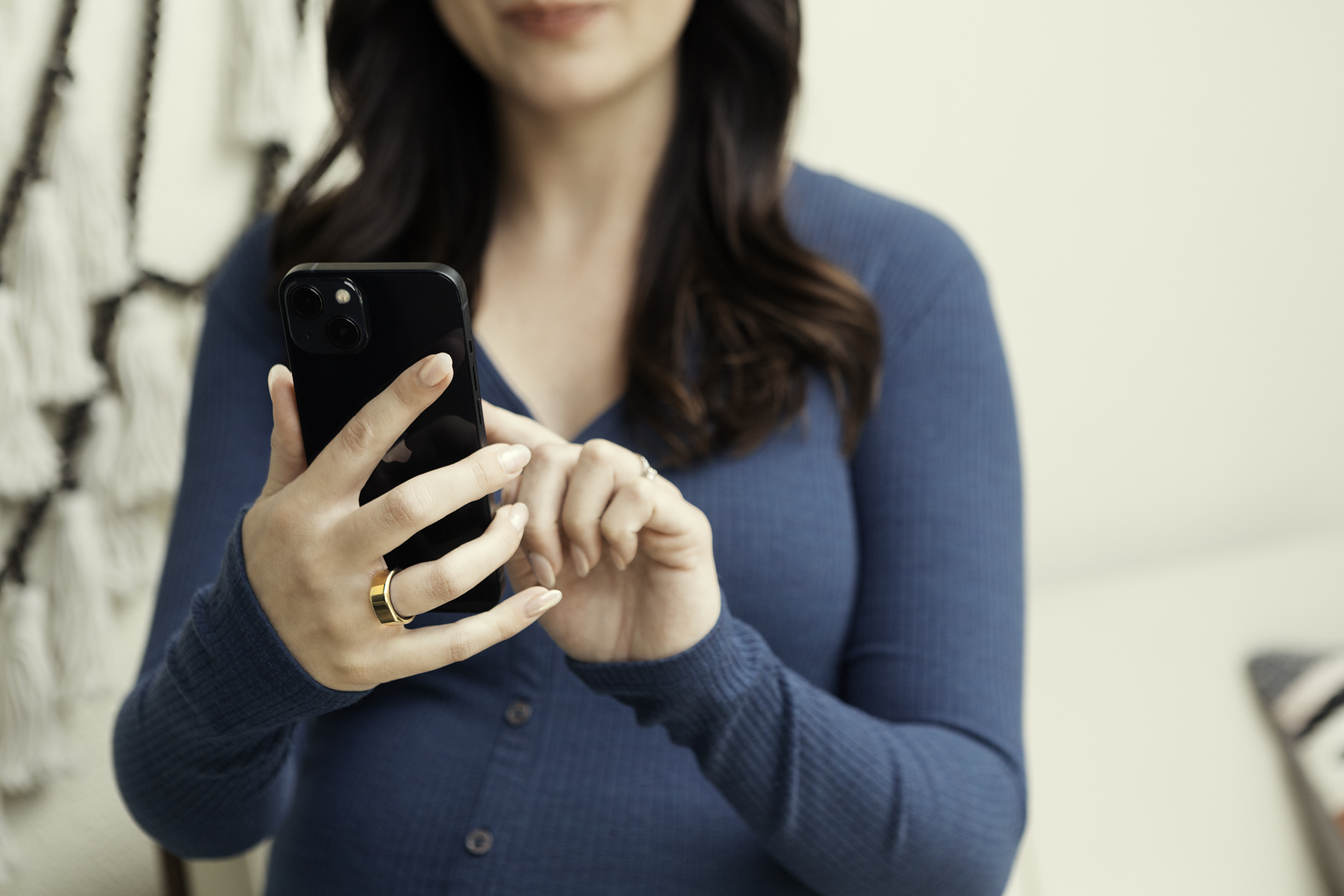
I was diagnosed when I was 31 years old, in 2019. It was a shocking experience and really turned my life upside down for a while. We were actually planning to start trying for a baby right before I received my diagnosis, so having to wait until after I completed and recovered from my surgeries added a three-year delay to our family planning timeline. Because I underwent a bilateral mastectomy, that also means I lost the option to breastfeed our future children. Even though my cancer diagnosis likely had less to do with lifestyle choices and more to do with genetics and family history, the whole experience served as a reminder of how precious our health is.
I definitely believe prevention is such a vital key to our health, whether that’s through early detection screenings, or making balanced lifestyle choices through activity and diet. Oura’s insights into living a balanced life and honoring the importance of mindfulness, rest and recovery have been invaluable to me – not only in my fertility journey, but also in my pursuit to prevent future cancer recurrences through lifestyle choices.
RELATED: Member Gabrielle B. Turns to Oura to Manage Her Reproductive and Mental Health
What’s Your Oura Story?
Everyone’s story is unique, and we’d love to hear yours. Share your story here.







